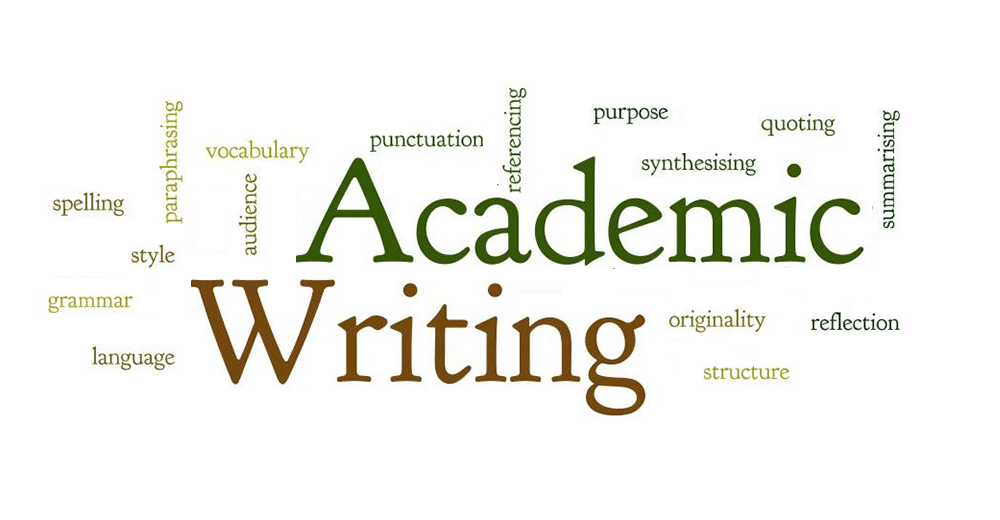
Critical thinking is a cognitive process that involves analyzing, evaluating, and interpreting information or arguments in a logical and systematic manner. Here’s how to develop critical thinking.
The focus of critical thinking is often referred to as the “argument” (the message that is being conveyed). In critical thinking, a conclusion is often a deduction, which draws together the argument, and makes a logical assumption about how to interpret the reasoning behind a viewpoint.
GET INSTANT HELP FROM EXPERTS!
- Looking for any kind of help on your academic work (essay, assignment, project)?
- Want us to review, proofread or tidy up your work?
- Want a helping hand so that you can focus on the more important tasks?
Hire us as project guide/assistant. Contact us for more information
Critical Thinking
Critical thinking is associated with reasoning or with our capacity for rational thought. The word rational means using reasons to solve problems. Reasoning begins with ourselves:
- Having reasons for what we believe and do, and being aware of what these are
- Critically evaluating our own beliefs and actions
- Being able to present to others the reasons for our beliefs and actions
Critical analysis of other people’s reasons can involve:
- Identifying their reasons and conclusions
- Analysing how they select, combine and order reasons to construct a line of reasoning
- Evaluating whether their reasons support the conclusions they draw
- Evaluating whether their reasons are well founded, based on good evidence
- Identifying flaws in their reasoning
Cottrell (2005) asserts that critical thinking is a complex process of deliberation which involves a wide range of skills and attitudes:
- Being able to read between the lines, seeing behind surfaces, and identifying false or unfair assumptions
- Recognising techniques used to make certain positions more appealing than others, such as false logic and persuasive devices
- Reflecting on issues in a structured way, bringing logic and insight to bear
- Drawing conclusions about whether arguments are valid and justifiable, based on good evidence and sensible assumptions
- Presenting a point of view in a structured, clear, well reasoned way that convinces others
Scepticism is important in critical thinking.
In the context of critical thinking, scepticism refers to one being open to the possibility that their knowledge at any given point in time may be only part of a bigger picture.
Ennis (1987) identified a number of temperaments and competencies associated with critical thinking which focussed on such as the ability to reflect sceptically and The ability to think in a reasoned way.
Critical thinking promotes the constructive use of scepticism to analyse what is before you – be it a text, an image, an event unfolding etc.
Benefits of Critical thinking include:
- Improved attention and observation
- More focussed reading
- Improved ability to identify and respond to the salient points in a discussion or text
- Knowledge of how to get your point across more easily
Critical Writing
Critical reading is an important precursor to critical writing. The most characteristic features of critical reading are that you will:
- Examine the evidence or arguments presented
- Check out any influences on the evidence or arguments
- Check out the limitations of study design or focus
- Examine the interpretations made and decide to what extent you are prepared to accept the authors’ arguments, opinions, or conclusions.
The most characteristic features of critical writing are:
- A clear and confident refusal to accept the conclusions of other writers without evaluating the arguments and evidence that they provide
- A balanced presentation of reasons why the conclusions of other writers may be accepted or may need to be treated with caution
- A clear presentation of your own evidence and argument, leading to your conclusion
- A recognition of the limitations in your own evidence, argument, and conclusion.
Related: Here’s how to do a Research Project
References
Baron, J. & Sternberg, R (Eds.), Teaching thinking skills: Theory and practice. New York: W.H. Freeman.
Cottrell, S. (2010). Critical thinking skills. Basingstoke: Palgrave Macmillan.
Ennis, R.H. (1987). A taxonomy of critical thinking dispositions and abilities.
